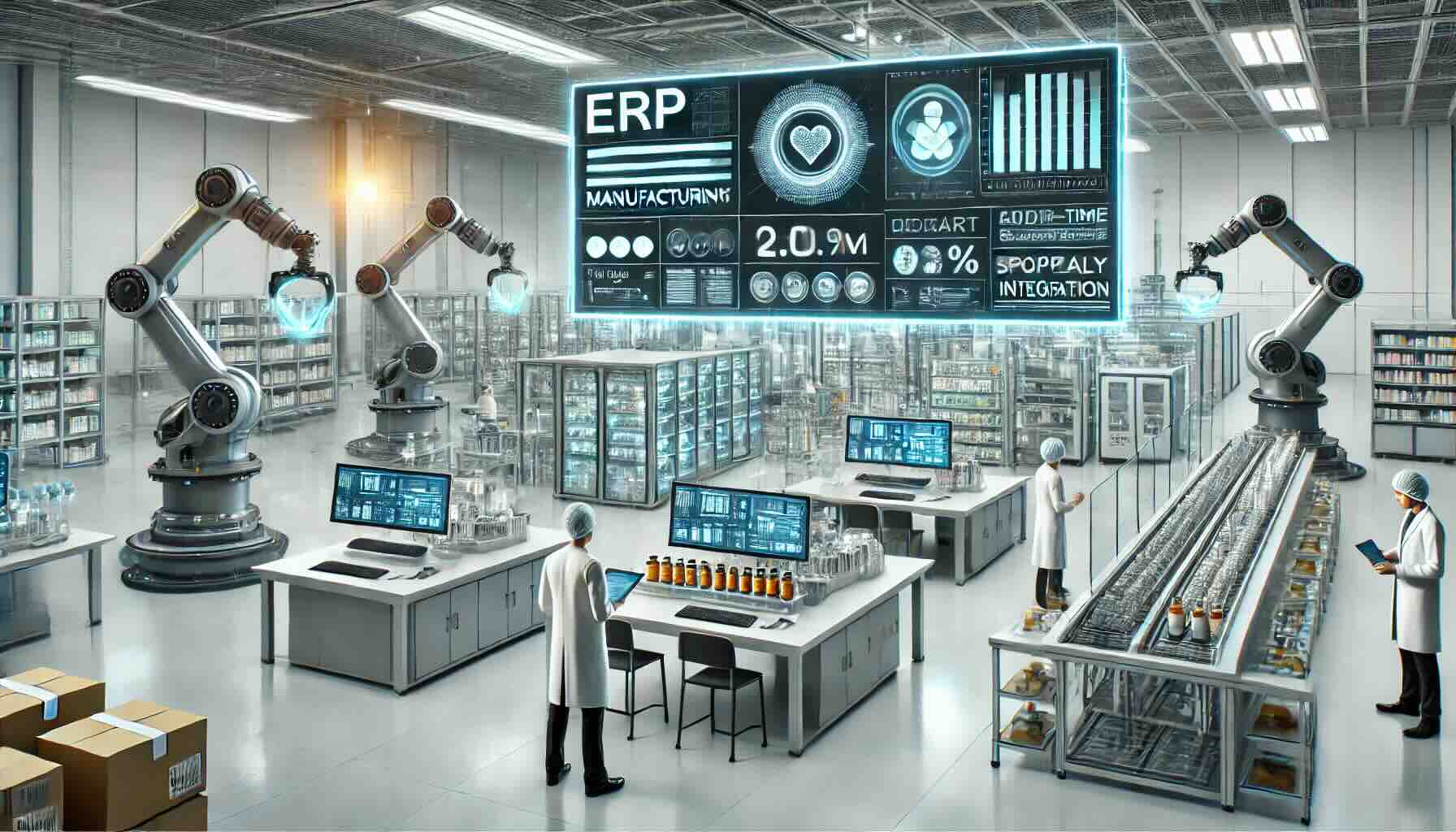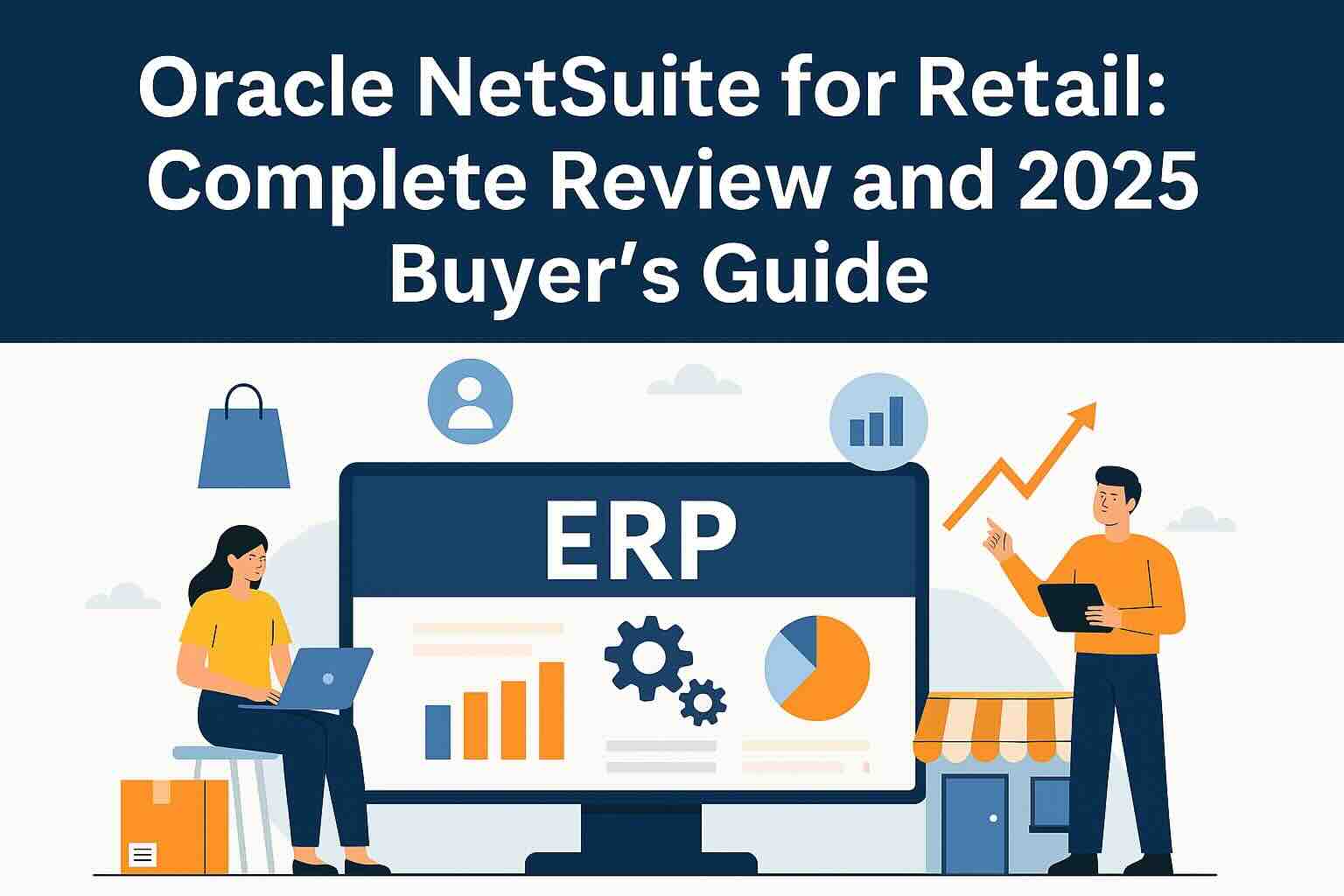Is Epicor the Best Choice for Oil, Gas, and Energy Companies?

Choosing an ERP system is essential for oil, gas, and energy companies seeking to improve efficiency, ensure compliance, and increase transparency. Epicor is a popular choice, known for its specialized capabilities across industries. But is it the best option for energy sector companies? Here, we’ll explore Epicor’s features, benefits, and potential challenges to help determine if it’s the right fit for the energy industry.
Key Features of Epicor for the Oil, Gas, and Energy Sector
Epicor offers various ERP solutions, including Epicor Kinetic, designed to fit many industries. It also provides features aimed at asset-heavy sectors like oil and gas. Here’s how Epicor’s core features align with energy sector needs:
1. Asset Management and Maintenance
Managing and maintaining critical assets—such as drilling rigs and processing plants—is crucial for energy companies. Epicor’s asset management module helps track asset lifecycles, optimize equipment performance, and reduce costs through predictive and preventive maintenance. By preventing costly downtimes and enhancing safety, this feature becomes invaluable in high-risk environments.
2. Inventory and Supply Chain Management
Supply chain management in the energy sector requires coordinating with suppliers, contractors, and logistics providers worldwide. Epicor’s supply chain tools provide real-time insights into inventory levels, supplier performance, and logistics. This transparency reduces bottlenecks and improves decision-making around procurement and inventory, which is critical in an industry with fluctuating demand and costs.
3. Regulatory Compliance
Compliance with environmental, health, and safety regulations is non-negotiable in the energy sector. Epicor’s compliance tools help companies adhere to industry standards, like ISO 14001 and OHSAS 18001, and meet local and international reporting requirements. These tools lower the risk of non-compliance, which can lead to fines and damage a company’s reputation.
4. Financial and Project Management
Epicor provides tools for financial management and project tracking, essential for managing large projects with substantial budgets. The project management module supports budgeting, resource allocation, and scheduling, allowing companies to oversee complex projects. With Epicor’s financial management tools, departments can share insights easily, improving financial visibility and helping companies manage cash flow in capital-intensive industries.
5. Data Analytics and Reporting
Decision-makers in the energy sector rely on data for insights into exploration, production, and investment. Epicor’s analytics capabilities provide actionable insights, enabling companies to track trends, allocate resources efficiently, and adjust operations. The system’s customizable reporting tools generate detailed performance reports, which are valuable for planning and strategy.
Benefits of Using Epicor for Oil, Gas, and Energy Companies
1. Industry-Specific Solutions
Epicor offers modules that cater specifically to asset management, field services, and compliance, reducing the need for extensive customization. This industry-specific design helps companies in the energy sector implement Epicor quickly and start benefiting from it sooner.
2. Scalability and Flexibility
Epicor is highly scalable, making it suitable for companies looking to grow or diversify. With options for cloud, on-premises, or hybrid deployment, companies can select the setup that best fits their needs and security requirements.
3. Enhanced Efficiency
Epicor centralizes processes across departments, reducing manual tasks and speeding up workflows. For energy companies, this increased efficiency leads to lower costs and faster responses to market shifts.
4. Real-Time Data Access and Transparency
Epicor’s real-time data capabilities provide a clear view of operations, helping decision-makers make data-driven choices. This transparency is essential in a fast-paced, global industry where productivity and profitability are tightly connected.
5. Strong Support Network
Epicor collaborates with industry experts and consultants, which can be valuable for companies in specialized or remote energy sectors. These partnerships provide access to targeted knowledge, support, and local expertise.
Potential Drawbacks of Epicor for Energy Sector Companies
While Epicor offers many advantages, there are potential challenges to consider:
1. Implementation Complexity and Cost
ERP implementations in the energy sector can be costly and complex. Epicor’s comprehensive system may require significant resources and customization to align fully with specific operations. Smaller or mid-sized energy companies might find the initial costs too high.
2. Learning Curve for Employees
Due to its wide range of functions, Epicor can require extensive training. Companies moving from older systems may need to invest time and resources in employee training, though the long-term benefits often justify this initial commitment.
3. Customization Needs
Epicor’s industry-specific modules address many energy sector needs, but highly specialized companies might need further customization. This requirement can increase the time and cost of a full implementation.
Is Epicor the Best Choice for Oil, Gas, and Energy Companies?
Epicor provides a powerful ERP solution with features that fit the unique demands of oil, gas, and energy industries. It excels in asset management, supply chain visibility, compliance, and scalability, making it a strong candidate for companies seeking a complete and adaptable ERP. However, companies should consider the investment in time and training required and assess if the system aligns with their specific needs.
For larger companies with complex asset management needs, strict regulatory requirements, and significant budgets, Epicor is likely an optimal solution. Smaller companies with simpler operations may find other options more suitable, depending on their budget and customization requirements.
In conclusion, Epicor is a versatile ERP system that can meet the specific demands of the energy sector. Its capabilities make it a worthwhile investment for companies focused on improving efficiency, ensuring compliance, and enhancing transparency across their operations. To find out more about Epicor click this link.
To compare Epicor with 100s of other ERP solutions, you can use our new AI-powered Compare ERP tool. It’s free to use and provides tailored recommendations, making it easy to find the best ERP for your business in minutes.









